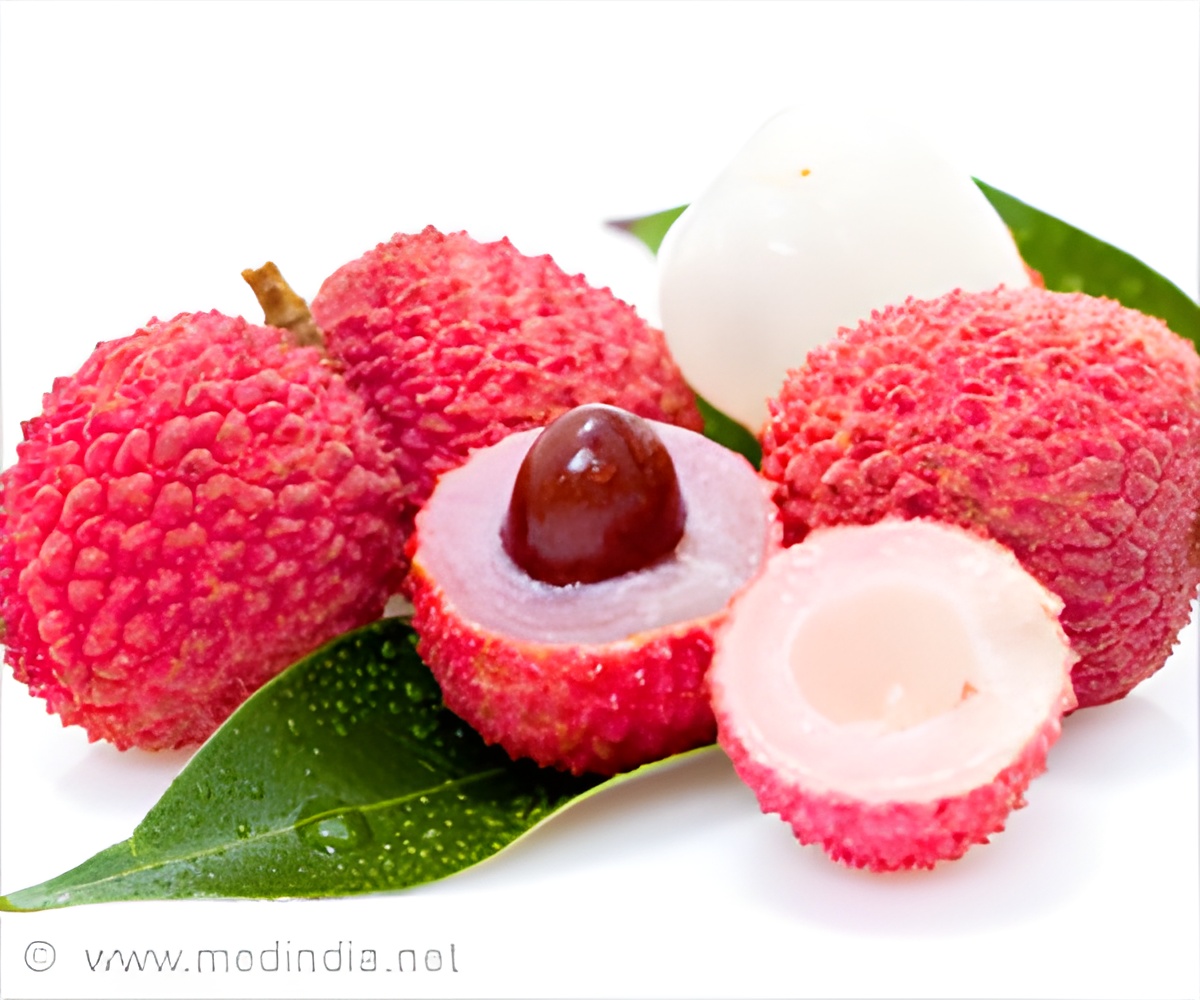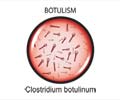The litchi mystery which killed the children has been linked to an amino acid in litchi that lowers blood glucose levels leading to seizures, coma and death.

- In 2014, many children in Muzaffarpur, Bihar died after eating litchis but the reason was unknown.
- Litchi contains toxins which may inhibits the body’s ability to synthesize glucose, leading to low blood glucose levels.
- It was found that the children did not have an evening meal which can trigger acute encephalopathy, seizures, coma, and death in many cases.
The litchi mystery seems to have finally been solved now. It has been found that litchi contains certain natural toxins, mainly said to be in the seeds. Apparently, the toxic nature of litchi is not an unknown fact. In ancient China, which is said to be the native place of litchi, people were aware of the fact and were cautious about it.
According to a research study done by a team of researchers from US and India, it stated, "Our investigation suggests an outbreak of acute encephalopathy in Muzaffarpur associated with both hypoglycin A and MCPG toxicity."
Hypoglycin A and methylenecyclopropylglycine (MCPG), which are naturally present in litchi fruit, block enzymes involved in normal glucose metabolism and this results in an inability to synthesis glucose leading to acutely low level of blood sugar.
The outbreaks of the unexplained acute neurological illness with high mortality among children were mainly due to toxicity. This toxicity in litchi can arise due to several factors such as humidity, heat, pesticides.
“In late 2013, CDC colleagues in Atlanta brought to our attention the well reported case of toxic hypoglycaemic syndrome in West Indies caused by hypoglycin A, a toxin found in ackee fruit, which is in the same family as litchi,” she says.
"To prevent illness and reduce mortality in the region, we recommended minimising litchi consumption, ensuring receipt of an evening meal and implementing rapid glucose correction for suspected illness," advised the researchers.
If a child falls ill, the researchers said they should be treated quickly to correct their glucose levels to prevent lasting damage such as mental impairment, muscle weakness and movement disorders.
Source-Medindia













